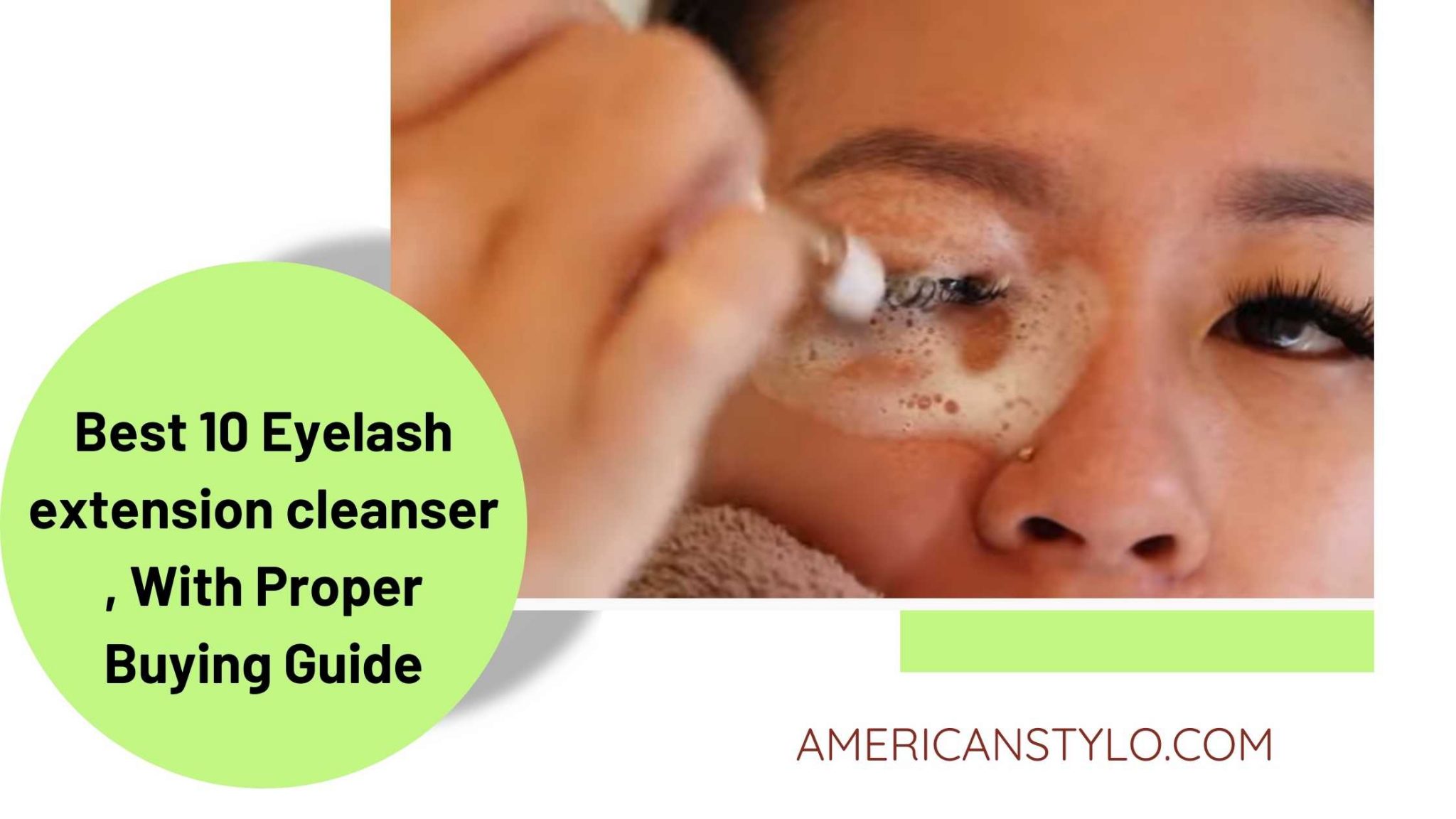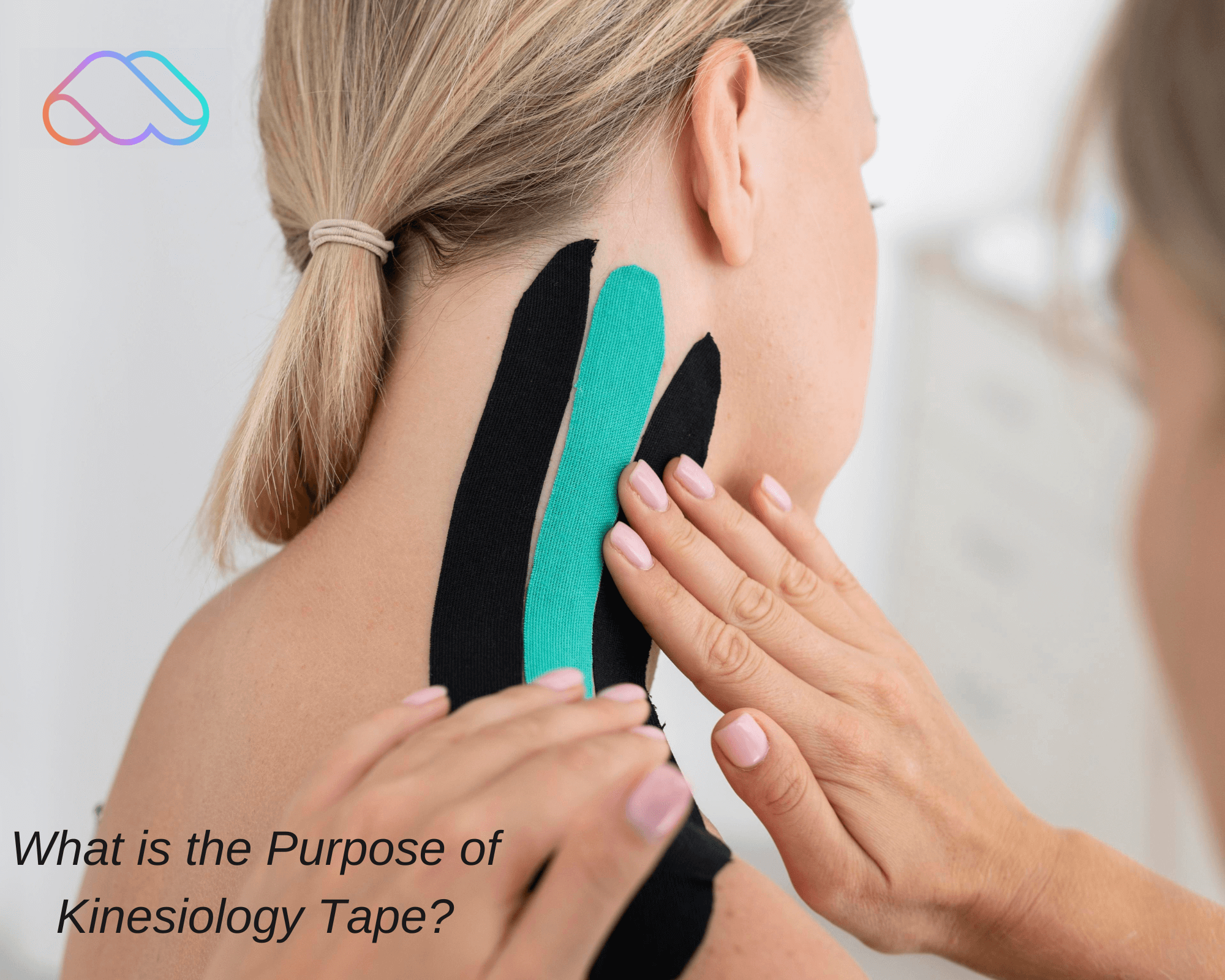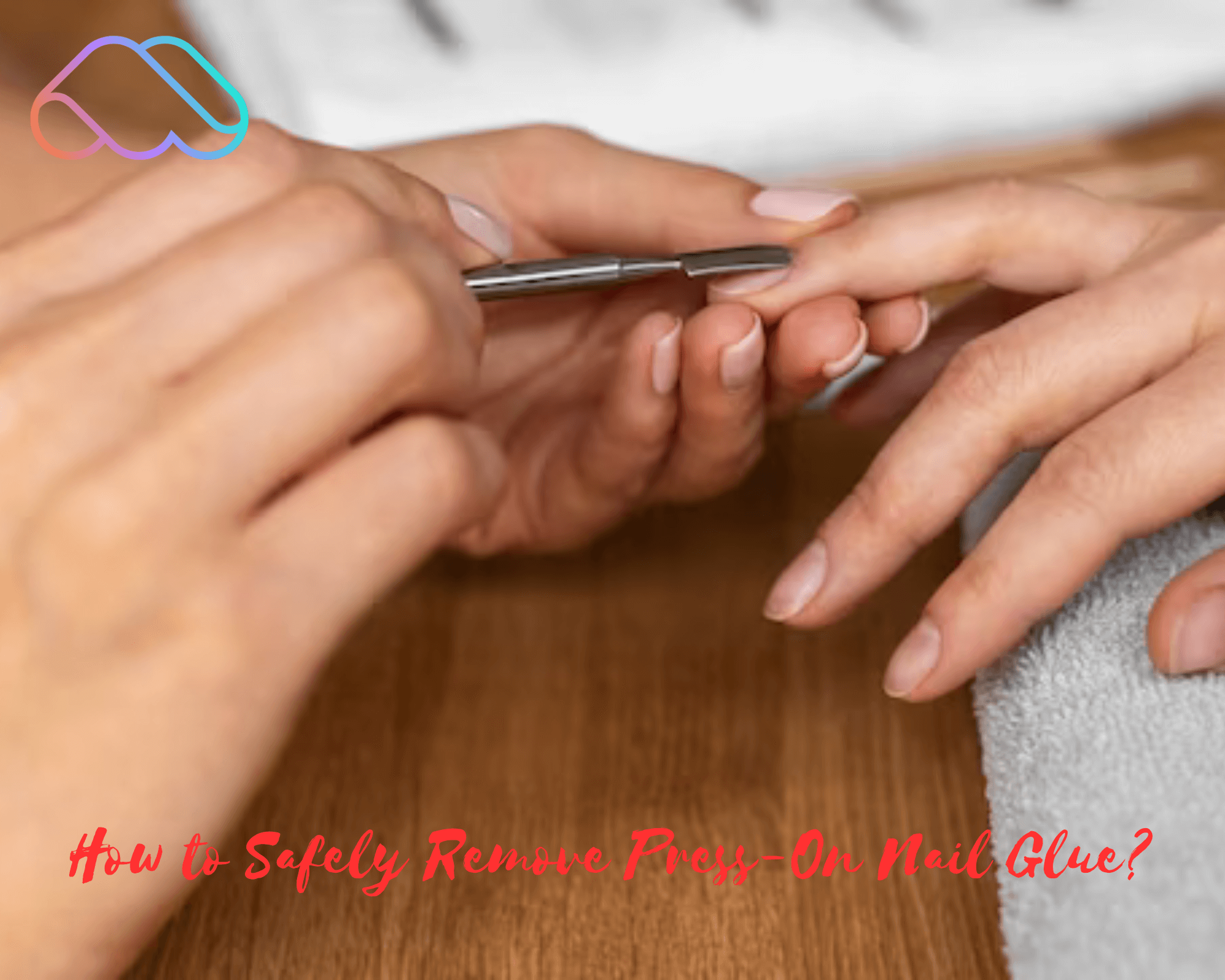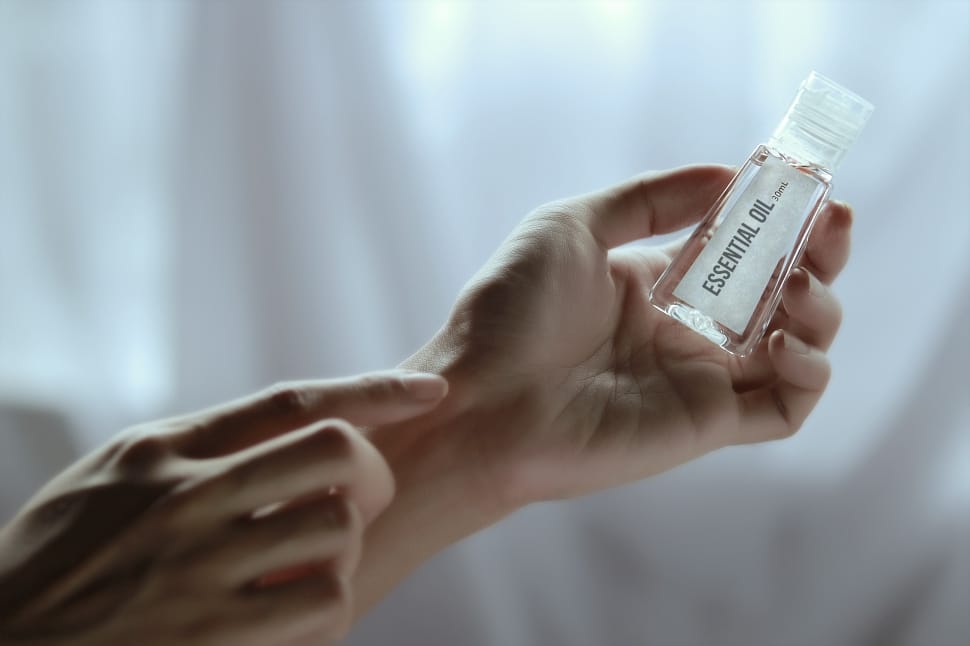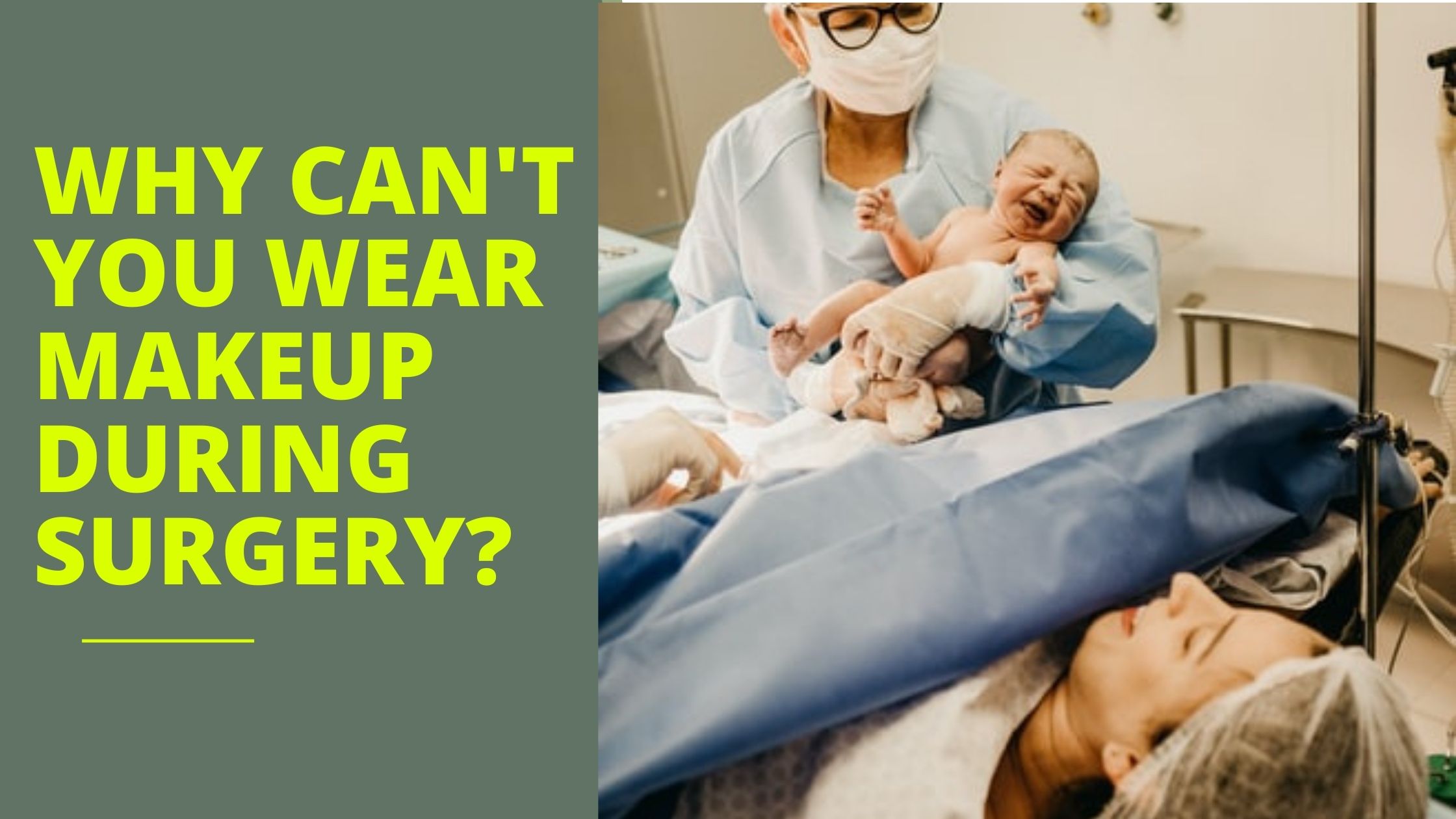
It’s best not to wear makeup during your operation for several reasons, if you are wondering why can’t you wear makeup during surgery! Wearing makeup isn’t a fantastic idea, but it’s understandable if you want to impress the doctors at the hospital. There is a risk of eye injury when you’re anaesthetized because you don’t have an eye blink reflex. Using mascara during your operation, for example, puts you at risk of bringing damage to your eyes from microscopic particles of mascara.
The several items have the potential to catch fire. Because some cosmetics (and hair care products) are flammable, you should avoid wearing makeup during your operation. Because of this, it is only logical that surgical patients should not wear these kinds of garments. It’s not in their best interest to have you on fire while they work. To know more about why can’t you wear makeup during surgery! Let us have a look at all the important things about the surgery day.
Preparation for Surgery Day Checklist
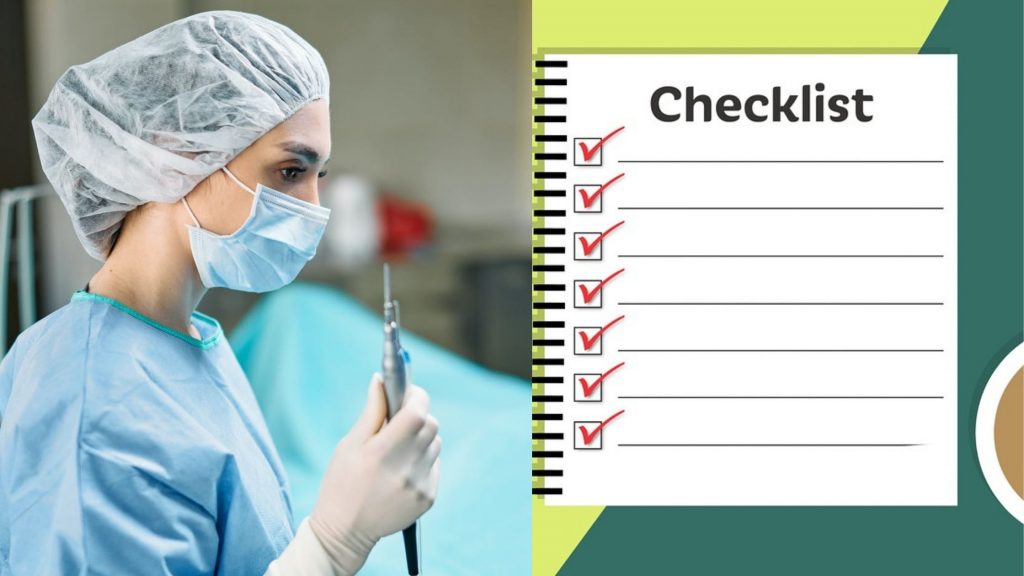
Prepare yourself for surgery by going over the following checklist:
- Always abide by the advice of your physician when it comes to eating, drinking, and taking medications.
- Take a shower or a bath, and then brush your teeth.
- Remove all jewellery and piercings from your body.
- Bring your driver’s licence and the necessary insurance documents with you when you arrive.
- Please bring a container to store any eyewear or hearing aids you may have as well as any contact lenses you may wear.
- Stay away from your valuables and leave them at home.
- Your surgical team will tell you how long you should arrive ahead of time for your procedure.
- You must wear loose-fitting clothes that are easy to move in before surgery.
- Be sure to include any necessary medical devices, such as a cane, CPAP, or walker.
Do they remove your gown during surgery?
Before entering the surgery room, you’ll be required to change into a gown first. The nurse will remind you to remove items such as jewellery, glasses or contact lenses, and a wig if you are wearing one, before proceeding for surgery.
A nurse will take your vital signs, including your heart rate, temperature, blood pressure, and pulse. The surgeon may use a marker to indicate the location on your body where the procedure will take place. An IV line is placed in your arm by a nurse so that the doctor can administer fluids and medications to you during your procedure.
After being transported into the operating room on a stretcher, you’ll be taken to the recovery room after your surgery has been completed.
On what surgical team will you be relying on for assistance?
A team of doctors and nurses works together to ensure that everything runs properly on the day of the surgery. The precise persons who will be there will be determined by the type of surgery you will be undergoing.
Surgeon
This doctor is in charge of the team and operates.
Anesthesiologist
During surgery, this healthcare provider administers medication to make you as comfortable as possible.
Surgical technologists
They prepare the tools that will be used by your surgeon and ensure that they are sterile.
Operating room nurse
He/She is someone who works in the operating room. They assist the surgeon during your surgery. During the operation, they may, for example, pass instruments and supplies between them.
Can you wear a foundation during surgery?
The natural colour of your skin can be disguised with the use of foundation and other cosmetics. To make sure that everything is in order with you, your surgeon will need to be able to see well into your mouth and eyes. However, if you’re wearing makeup, they won’t be able to tell for sure. This means that arriving with clean skin is essential! Now you know, why can’t you wear makeup during surgery?
It’s fairly safe to assume that if you’re having surgery, you shouldn’t wear any make-up or nail polish. It’s too dangerous. When undergoing surgery, you will be advised not to wear any makeup by your doctor or other medical personnel. Do what they tell you and wear Eau Naturelle clothing! Being troubled by makeup-related issues is a bad way to cause trouble, as I indicated in the preceding section.
Don’t go to the hospital with any make-up on. You can’t blink while you’re under anaesthesia. As a result, ocular discomfort may be caused by cosmetic particles (particularly those found in mascara). Even nail paint can be harmful and should be avoided when undergoing surgery because of its potential to cause infection.
Why can’t I wear nail polish during surgery?
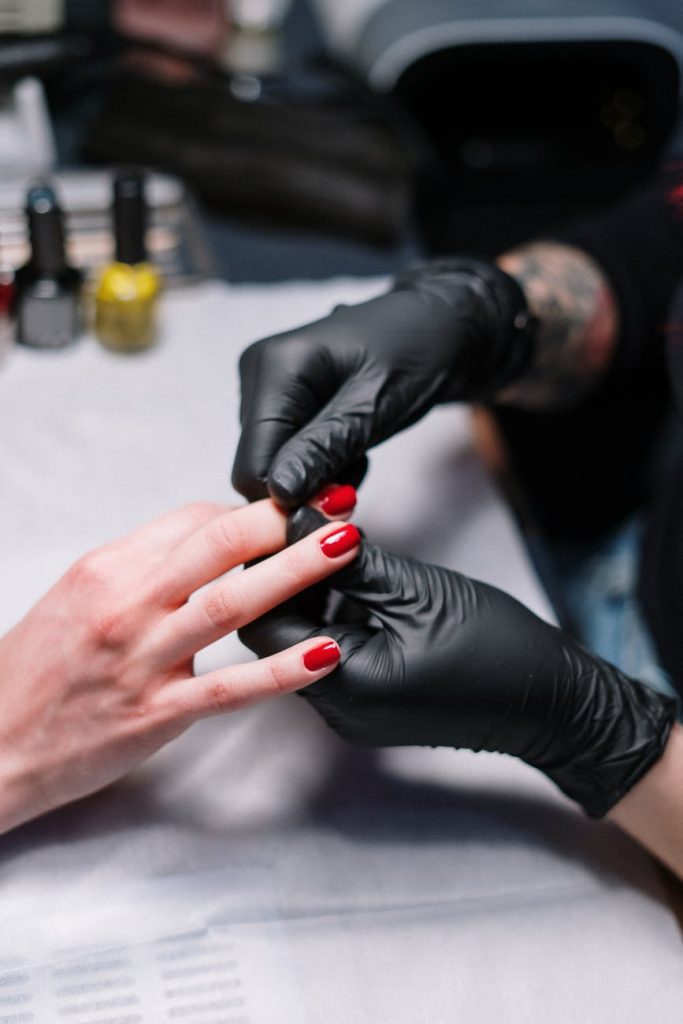
Who wouldn’t want to have their nails done in a gorgeous shade of lacquer before having surgery? This is something I know I desire (I’m kidding). A surgical procedure is not the moment to be at your most attractive face. It is time to make a change for your better health. As a result, there will be no nail polish, and there are two good reasons for this.
Nail polish is a combustible substance.
The chemical acetone, also known as dimethyl ketone or 2-propanone, is responsible for the flammability of nail polish. This component has the potential to dry out the skin around your nails, and it has also been reported to be capable of melting most plastics. When you’re heading into surgery, the last thing you want is something like this on your finger. It is preferable if you take it off before entering the building.
In addition to the answer to why can’t you wear makeup during surgery? Applying nail polish (or acrylic nails for that matter) is discouraged because the pulse oximeter is typically located in this area. They use this gadget to determine the amount of oxygen in your blood. This is quite significant (as you can imagine). However, when you are wearing nail polish (or acrylic nails), this device may not function as effectively. The surgery team will hunt for a different location on your body to monitor your oxygen levels if you forget where you put it, but it’s preferable to give them the freedom to place devices wherever they would be most effective. As a result, you are not permitted to wear nail paint to your procedure.
Why can’t I wear deodorant during surgery?
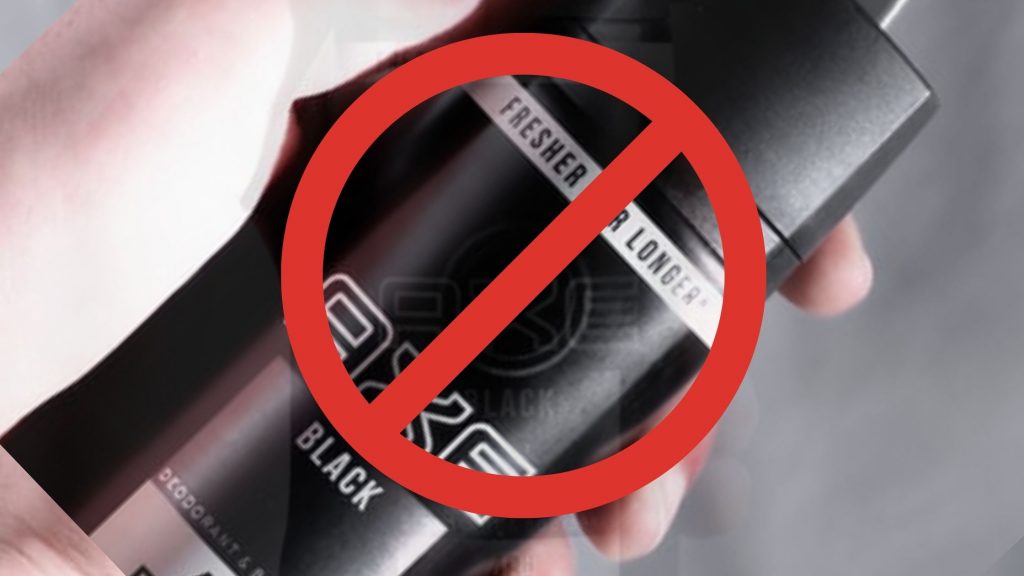
When you use deodorants, you will frequently notice white residues in your underarms as a result. All of this is due to the components in the deodorant that are being utilised. It has the potential to leave a deposit on your skin. It will be difficult to remove it during the surgical procedure. As a result, you must refrain from using deodorants before surgery. In addition, if you use deodorants, it will be more difficult for the surgeons to cut the incision site. It has the potential to cause any additional surgical complications.
You must refrain from using deodorants while recovering after shoulder surgery. Not just deodorant, but also other skincare products may create a residue that makes it difficult for surgeons to do their procedures. Therefore, your surgeons advise you to stay away from this type of product for the time being.
Aside from why can’t you wear makeup during surgery, there is another important point to consider. Deodorants contain alcohol, as I’ve already stated in this article. As a result, if you drink alcohol before surgery, you may have unpleasant side effects such as burning.
The alcohol in your deodorants may react with the diathermy equipment and cause sparks that are most likely explosive in nature if a surgeon employs one of these machines.
Why can’t you wear makeup during wisdom teeth surgery?
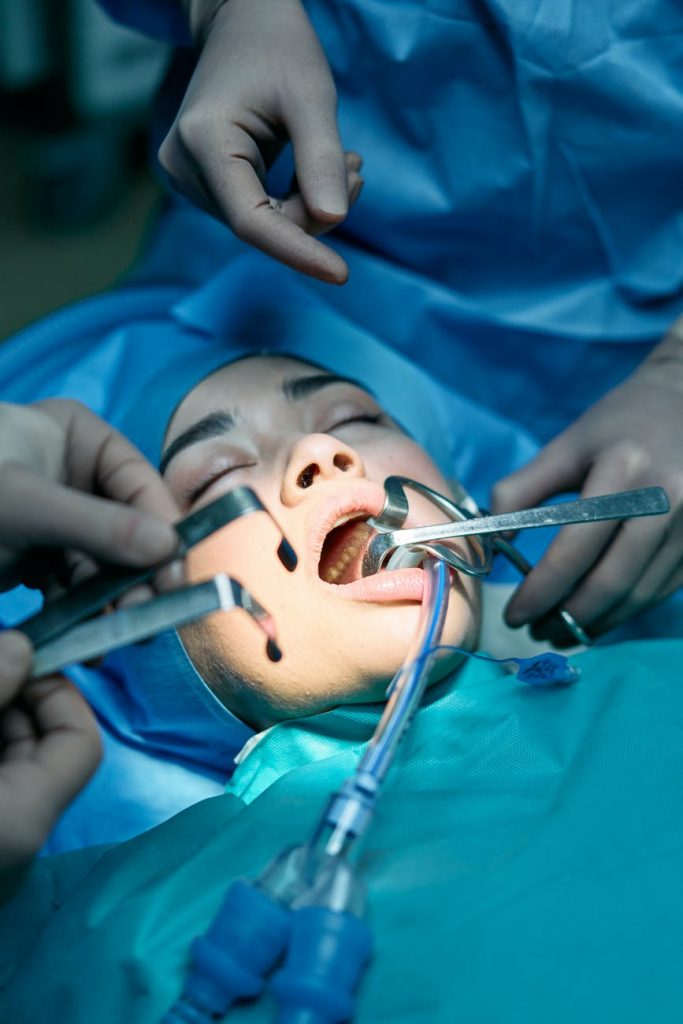
At the hospital, you should not wear any makeup. And I think there will be no need to ask why can’t you wear makeup during surgery? When you are anaesthetized, you cannot blink. Minor fragments in your cosmetics (particularly mascara) might therefore cause discomfort to your eyes, even if they are small. Besides that, hair styling products, hair care products, as well as nail polishes, are combustible and should not be worn while having your wisdom teeth removed.
During having your wisdom teeth removed, it’s probably safe to suggest that it’s best not to wear any makeup or nail polish. It’s just not essential in this case. Medical doctors recommend that you refrain from wearing cosmetics while having your wisdom tooth out to reduce the hazards.
Why can’t you wear lotion before surgery?
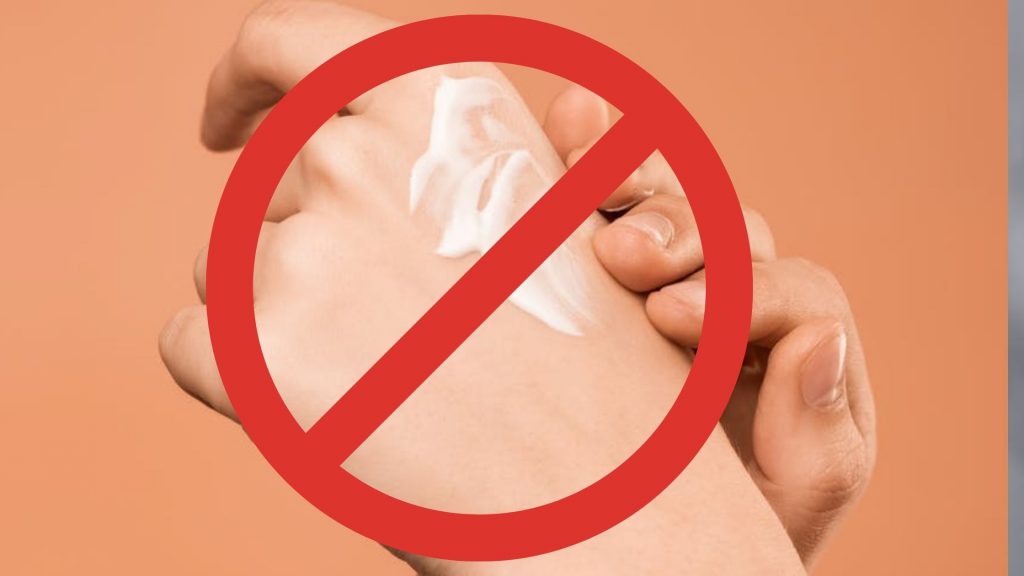
Beyond the fact that you should shower early in the morning so that your hair will be dry before your scheduled surgery, you should avoid using lotion before the procedure. Moreover, you already know why can’t you wear makeup during surgery?
Lotion, body emollients, oils, deodorant, and cosmetics are all things you should avoid using completely (which you now know). Because some products (including lotion) can interfere with the effects of your antibacterial soap and shower, it is important to choose goods carefully.
Your surgical infection risks are reduced as well if you do not use lotion (or any cosmetics, for that matter) before your surgery. Being harmed by a surgical procedure is terrible enough; getting issues as a result of a skin regimen is considerably worse.
Can I wear eyebrow makeup during surgery?

Just like you knew why can’t you wear makeup during surgery? In the same way as the other items described above should not be worn, you should also refrain from wearing any eyebrow makeup. This contains brow pencil, eyeliner, and mascara, among other things. This is because (as I previously stated) little particles of mascara, eyeliner, or brow pencil can cause damage to your eyes if they come into contact with them.
You are not permitted to wear cosmetics during surgery, and you should not desire to do so. The only reason you should get surgery should be to improve your health and well-being once more. It is not your responsibility to appear attractive on the operating table.
Why can’t you wear jewellery during surgery?
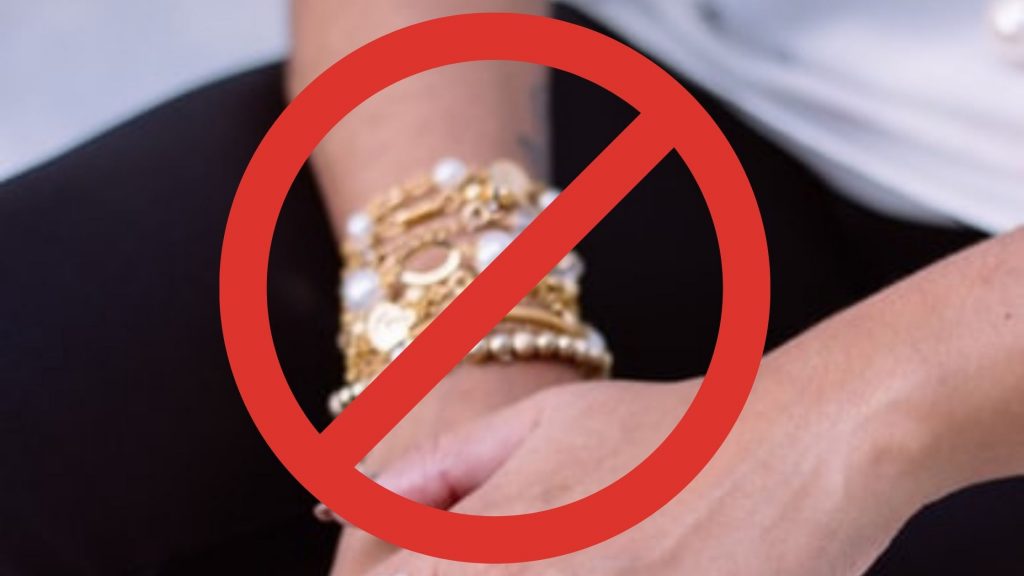
This is another important question other than why can’t you wear makeup during surgery? Jewellery can unquestionably come in the way of a surgical operation. If you’re having hand surgery, it’s only natural that you’ll need to remove all of your jewellery, including your rings and bracelets. The same can be said about piercings and other body modifications.
You should consider getting your nipple piercings removed if you are having surgery on your chest, particularly if you are going to have breast surgery. Unless you have a medical reason to have your belly button pierced, you will most likely need to have it removed for the length of the process.
When undergoing general anaesthesia, people with tongue piercings, in particular, may experience complications.
The anesthesiologist will place a breathing tube, known as an endotracheal tube, into the patient’s windpipe at the start of the surgery. It is possible that this tube will become entangled in the piercing, and that if the tongue ring falls out, it will be swallowed or inhaled into your lung.
The effect that metal has on electrocautery, the procedure that is frequently used to electrically close bleeding vessels, is a major source of worry during surgery. Wearing metal jewellery may result in an electrical arc, resulting in minor to serious burns on the wearer’s skin.
Can you wear a bra during surgery?
A bra is normally not required during surgery because you will be wearing a hospital gown and a surgical drape that will cover your breasts and chest. If you’re having arm or shoulder surgery, you might want to consider investing in a bra that’s simple to put on and take off.
Can you take shower before surgery?
Take two showers before surgery, according to your surgeon’s instructions.
What is the significance of this?
It is natural for bacteria (germs) to be present on the surface of your skin. The skin serves as a barrier between us and these pathogens. When you have surgery, we cut the skin to make the incision. In some cases, germs enter into the cuts and cause an infection to develop (illness caused by germs). To reduce the number of germs on your skin, it is necessary to follow the guidelines provided below and use special soap. This lowers your chances of contracting an infection.
Special soap
Purchase or obtain 8 ounces of 4 percent CHG surgical soap, which is an antiseptic surgical soap. Hibiclens and Exidine are two of the most widely used brand names for this soap.
You can get it at your local pharmacy, clinic, or retail store, among other places. If you’re having problems, ask your pharmacist for assistance in finding a suitable alternative.
A word of caution about shaving:
You should refrain from shaving within 12 inches of your incision (surgical cut) area for at least 3 days before your surgical procedure. Small wounds in the skin can result while shaving. As a result, you are more susceptible to infection.
You’ll need the following items for each shower:
- 1 freshly laundered dishtowel
- 4 ounces of one of the soaps listed above
- Put on your clean pyjamas or garments and get ready for bed.
Follow these steps to get started:
- These measures should be followed the evening before surgery and the morning of the operation.
- Shampoo and soap should be used to wash your hair and body as usual. Make certain that the shampoo and soap are completely rinsed out of your hair and body.
- Apply around 2 ounces of soap gently on your skin from your neck to your toes, being sure to use clean hands for this. Last but not least, apply to your groyne area. This soap should not be used on your face or your head. If you get soap in your eyes, ears, or mouth, rinse them out right away with water.
- Step 2 should be repeated. You must allow the soap to remain on your skin for at least one minute.
- After rinsing thoroughly, pat dry with a clean towel.
- If you experience any tingling, itching, or other irritation, flush with water immediately. After applying the antibacterial soap, it is natural to experience some cooling sensations on the skin. After taking a shower, your skin may feel a little dry, but do not apply any lotions, creams, or moisturisers to it. Don’t use any hairspray or other styling products on your scalp or hair.
- Dress in clothing that has just been laundered or in pyjamas. Make your bed with brand new pillowcases and linens.
Follow these measures again the morning of the procedure.
Conclusion about Why can’t you wear makeup during surgery?
Now, you would have a clear answer to why can’t you wear makeup during surgery? While I believe it’s reasonable to state that you should refrain from wearing any cosmetics or nail paint after surgery, I believe it’s even safer. It’s simply not worth taking the chance. To avoid all of these hazards, medical professionals advise you not to wear cosmetics while undergoing surgery. Pay attention to your doctor’s advice. Putting on makeup may seem strange, but as I stated, experiencing complications as a result of doing so is a silly way to develop complications.
Allow them to repair whatever is damaged during surgery, and you will be set to go for years and years of cosmetics wear!

